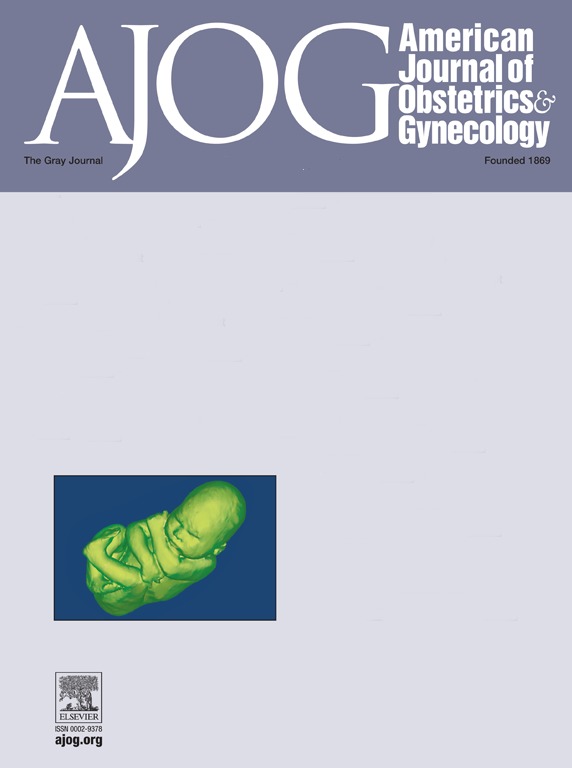从孤立的诊所到系统变革:改善贩运幸存者的医疗保健。
IF 8.4
1区 医学
Q1 OBSTETRICS & GYNECOLOGY
引用次数: 0
摘要
针对贩运人口幸存者复杂的保健需求,出现了专门的贩运人口幸存者诊所。虽然这些诊所提供必要的、创伤知情的护理,但它们可能无意中通过孤立幸存者、引入后勤障碍和将责任从更广泛的医疗保健工作人员身上转移,造成系统性挑战。从历史上的健康流行病,如20世纪80年代的艾滋病毒/艾滋病危机中吸取教训,本文批评了专门针对贩运的诊所的意外后果。它审查了这些诊所如何强化耻辱,限制幸存者获得全面护理,并使提供者准备方面的差距长期存在。我们呼吁采取一种平衡的方法,倡导将贩运知情护理纳入标准医疗保健服务系统,同时利用专科诊所作为过渡模式。建议的行动包括:1)培训所有创伤知情护理提供者;2)嵌入普遍筛查协议;3)通过协调的病例管理系统改善可及性;4)让幸存者参与服务设计。通过应对这些挑战,卫生保健系统可以更好地满足贩运幸存者的需求,同时建立一个可持续、公平的护理框架。本文章由计算机程序翻译,如有差异,请以英文原文为准。
From Siloed Clinics to Systemic Change: Improving Healthcare for Trafficking Survivors.
Specialized clinics for human trafficking survivors have emerged as a response to the complex healthcare needs for this population. While these clinics provide essential, trauma-informed care, they may inadvertently create systemic challenges by siloing survivors, introducing logistical barriers, and shifting responsibility away from the broader healthcare workforce. Drawing lessons from historical health epidemics, such as the HIV/AIDS crisis of the 1980s, this paper critiques the unintended consequences of trafficking-specific clinics. It examines how these clinics may reinforce stigma, limit survivors' access to comprehensive care, and perpetuate gaps in provider preparedness. We call for a balanced approach, advocating for the integration of trafficking-informed care into standard healthcare delivery systems while leveraging specialized clinics as transitional models. Recommended actions include 1) training all providers in trauma-informed care, 2) embedding universal screening protocols, 3) improving accessibility through coordinated case management systems, and 4) involving survivors in service design. By addressing these challenges, the healthcare system can better meet the needs of trafficking survivors while building a sustainable, equitable care framework.
求助全文
通过发布文献求助,成功后即可免费获取论文全文。
去求助
来源期刊
CiteScore
15.90
自引率
7.10%
发文量
2237
审稿时长
47 days
期刊介绍:
The American Journal of Obstetrics and Gynecology, known as "The Gray Journal," covers the entire spectrum of Obstetrics and Gynecology. It aims to publish original research (clinical and translational), reviews, opinions, video clips, podcasts, and interviews that contribute to understanding health and disease and have the potential to impact the practice of women's healthcare.
Focus Areas:
Diagnosis, Treatment, Prediction, and Prevention: The journal focuses on research related to the diagnosis, treatment, prediction, and prevention of obstetrical and gynecological disorders.
Biology of Reproduction: AJOG publishes work on the biology of reproduction, including studies on reproductive physiology and mechanisms of obstetrical and gynecological diseases.
Content Types:
Original Research: Clinical and translational research articles.
Reviews: Comprehensive reviews providing insights into various aspects of obstetrics and gynecology.
Opinions: Perspectives and opinions on important topics in the field.
Multimedia Content: Video clips, podcasts, and interviews.
Peer Review Process:
All submissions undergo a rigorous peer review process to ensure quality and relevance to the field of obstetrics and gynecology.

 求助内容:
求助内容: 应助结果提醒方式:
应助结果提醒方式:


